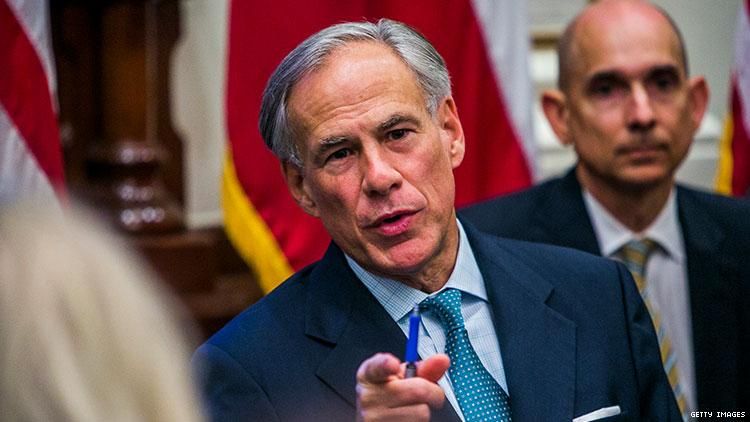Three Years Since Pulse, Lawmakers Must Act to Address Ongoing Epidemic of Gun Violence

Post submitted by Courtnay C. Avant, Human Rights Campaign Jr. Legislative Counsel
Wednesday, June 12, marks the third year since the shooting at Orlando’s Pulse nightclub left 49 people dead and 53 wounded. At the time, it was the deadliest mass shooting in modern U.S. history. It remains the largest targeted attack against the LGBTQ community to date.
In the aftermath of the tragedy, concerned citizens and advocates for commonsense gun violence prevention measures looked toward their elected representatives for help. None came.
Meanwhile, the shootings have continued.
Since June 12, 2016, more than 100,000 people have been killed by gun violence in the U.S. Despite numerous proposals and legislative efforts by lawmakers to pass measures to stop the bloodshed, no major gun violence prevention legislation has been signed into law since 1994.
It isn’t for lack of trying.
Various members have introduced bipartisan legislation to ban bump stocks, temporarily keep guns away from people who might be dangerous and strengthen background checks.
But none have been signed into law.
While the House of Representatives passed two pieces of legislation earlier this year — the “Bipartisan Background Checks Act of 2019,” requiring background checks for all gun sales and a bill that would close the “Charleston Loophole” that allowed the mass shooter at the Charleston AME Church to obtain his firearms — they are both languishing in the Senate, where Sen. McConnell has refused to bring them forward for consideration.
Days after the Pulse shooting, Democratic lawmakers filibustered for fifteen hours on the floor of the Senate in an attempt to stop people on terrorist watch lists from purchasing firearms. The proposals were defeated largely along party lines.
The inaction of Congress is at odds with a majority of American voters, who believe in commonsense gun violence prevention measures. According to a 2018 survey conducted by the Pew Research Center, 57% of adults agree that current gun laws don’t go far enough.
Yet, far too many lawmakers continue to offer “thoughts and prayers” instead of taking action to put an end to the violence.
A lack of federal legislation means that the onus of preventing gun violence and restricting access to firearms is left up to the states. In 2018 alone, 26 states and the District of Columbia enacted 67 gun safety laws.
While state and local-level measures have started to advance in many states laws predictably differ across state lines, creating a patchwork of protections that cannot fully address the problem. A comprehensive, nationwide gun violence prevention measure would help protect the lives of all Americans, no matter where they reside.
As we mark the third year since 49 lives were taken senselessly at Pulse, Congress must finally act to curb the growing epidemic of gun violence in the U.S.
For more information about the impact of gun violence on the LGBTQ community and HRC’s work to support policies that effectively reduce and prevent gun violence, click here.
www.hrc.org/blog/three-years-since-pulse-lawmakers-must-act-to-address-ongoing-epidemic-of-g?utm_source=rss&utm_medium=rss-feed






